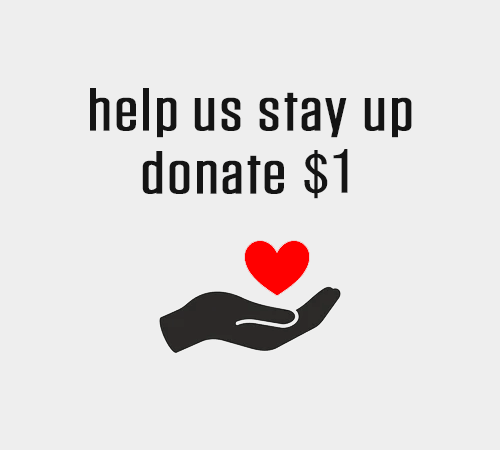Your muscles need recovery time to be able to repair, change and function properly before your next training session. Overworked muscles, damaged muscles and muscles that have been through hell and back will need some kind of downtime, but most of the time a good night’s sleep is all that is required. You can, in fact train every day, provided you don’t hyperload the same muscle groups and don’t put the same pressure on them several days in a row. That in fact, is the best and the fastest way to make fitness part of your lifestyle – just like brushing your teeth every morning.
The problem with complete rest days, blank days on the calendar where you virtually do no exercise whatsoever, is that your mind wanders and if you are not into fitness already, you have higher chances of dropping out and giving up. Fitness is all in your head, that’s where it starts and that’s where it ends, one day without training, even a little bit of training – nothing hardcore, can potentially be the last day of your entire fitness journey. One day can become two, then three then a week and then a month – once you stop, it is harder to get back into it.
Plus there is an additional force at work which we could call “The Inertia Principle”. Your body is designed to habituate to its environment and optimise its function within it. This means that just like a stone at rest is harder to move (or a moving one is harder to stop) it tends to do more of what it’s currently doing. If you rest it wants more of that and if you work, well it tends to find work easier and need more to improve further.
If you’ve ever jogged, you know how much harder it is to start after a complete stop – it is always more preferable to slow down without losing momentum instead of taking a break. It is the same with regular exercise – it is always more preferable to slow down than do nothing for a day. Even if you do stretching or yoga, a bit of light walking or training by numbers throughout the day it will still register in your mind as exercise and keep you tuned. Even experienced people who have been training their entire life have moments of weakness and face the same fatigued feeling coming back into training after a break so for someone who is just starting out it is vital to stick to a program for as long as possible.
Whatever you do, don’t stop. There are other ways to rest your muscles and recover: get more sleep, stay hydrated and up your protein intake (before and post-workout). If you don’t overtrain to the point of muscle failure you won’t need to take complete days off so it is important that you stay on the level of training when you push yourself just enough to feel challenged but not so hard that it is painful to move the next day. But even if it did happen and you find it painful to get up in the morning, you can still take a walk and count it in as exercise – anything is better than nothing.
Once you are more experienced and you know you won’t quit, days off will stop being a problem. When you are just starting out on your journey however they can potentially end it prematurely. It is just too easy to give in to the temptation to stop. All you know at that point about exercise is how difficult and uncomfortable it is so mentally it is difficult to make yourself do it again and get back to it after a break. That’s when most people quit challenges and programs, too, when they take breaks – the temptation to stop completely is just too great. Everyone thinks that “they will do it later”, but later is like a Monday, it often comes unexpectedly and no one can deal with it right away, not without a boot firmly planted on their butt.
What you really need to help your recovery is sleep or at the very least taking the load off the muscles you just worked. No one can perform at their 100% day after day after day but you can work at 60% steady and 100% from time to time indefinitely – that can be the new normal once you condition your body and adjust to the lifestyle.
Most of us these days simply don’t move enough, we drive everywhere, we sit at our desks all the time and then we rest in front of the TV. Our lives are getting more stationary and it is more important than ever to introduce as much activity on a daily basis as possible and make it the norm. It isn’t about the rest we deserve, it is about the rest we actually need and most of us already get more than we do.
Exercise becomes fun when it becomes enjoyable but to get to that point you need to get used to it first. You can’t approach it from the point of view of it being a chore you hate coming back to – this is how you quit and never look back. So try to think of exercise as something you are slowly integrating into your lifestyle rather than something which is added on as an extra chore on your list of things “To Do”.
Everyone struggles in the beginning but those who see it through eventually get to the fun part of it, the enjoyable part when it becomes the way to rest from everyday tasks and feel a little more energized.










